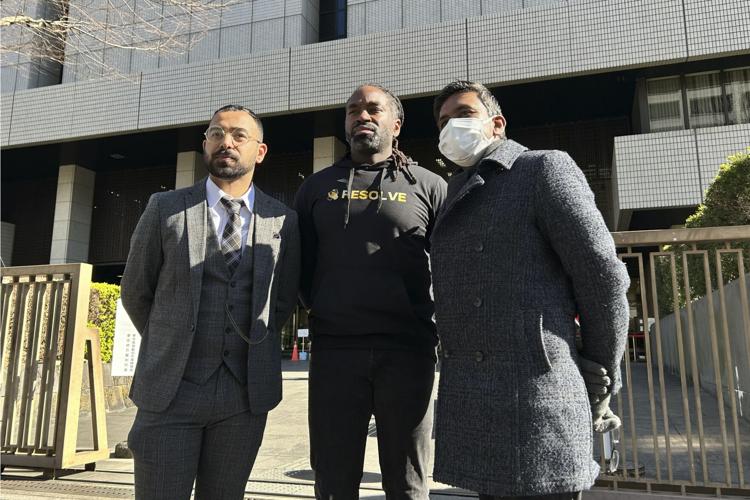Uncategorized
Challenging Racial Profiling in Japan: A Landmark Legal Battle
In a country celebrated for its rich culture and technological advancements, a pivotal legal challenge is bringing to light the less-discussed issue of racial profiling and discrimination. Maurice Shelton, a 41-year-old American personal trainer and martial artist, along with two foreign residents, has initiated a lawsuit against the National Police Agency and local governments in Tokyo and Aichi, marking a significant moment in Japan’s ongoing dialogue about diversity and inclusion.
A Fight for Recognition and Change
This lawsuit is not just a plea for damages; it’s a quest for legal acknowledgment that racial profiling contravenes Japanese law. It underscores a critical question: Can Japan, home to millions of visible minorities, evolve from its entrenched perceptions to embrace a more diverse populace? Maurice Shelton’s narrative is emblematic of the broader experiences of many non-Japanese living in Japan. Repeatedly stopped by police with the unsettling question, “Why are you here?”, Shelton’s decision to take legal action is driven by persistent discrimination, not isolated incidents.
The Data Tells a Different Story
Motoki Taniguchi, representing Shelton, challenges the stereotype that foreigners are more likely to commit crimes, a myth debunked by government statistics which show negligible differences in crime rates between Japanese nationals and foreigners. This lawsuit aims to address and prevent future injustices by demanding a formal recognition of the illegality of racial profiling, a practice Taniguchi describes as standard despite constitutional prohibitions against racial discrimination.
A Personal Struggle Against Systemic Issues
The decision to go public with the lawsuit was not made lightly by Shelton, who initially withheld his last name due to concerns about backlash. His story raises fundamental questions about the rights of foreign residents in Japan and the societal norms that have long governed attitudes toward them. Critics of Shelton’s stance argue that police methods are integral to Japan’s safety, viewing the lawsuit as an unwelcome foreign influence.
A Broader Reflection on Diversity in Japan
Shelton’s legal battle is a reflection on Japan’s readiness to accept its evolving demographic landscape. In a society where movements like Black Lives Matter are only beginning to gain traction, Shelton’s case represents a beacon of hope for those too fearful to voice their experiences with racial profiling. The lawsuit has found support among activists and commentators, including Debito Arudou, who sees it as an opportunity to raise awareness and possibly achieve judicial recognition of racial profiling as a genuine issue in Japan.
Looking Ahead
With the court set to deliberate on the case in the coming months, the outcome remains uncertain. However, the significance of this lawsuit extends beyond the courtroom. It symbolizes a growing awareness and unwillingness to accept discriminatory practices, prompting a much-needed dialogue on race, identity, and inclusion in Japan. As Maurice Shelton stands firm in his conviction, his case highlights the ongoing struggle for equality and the rights of all individuals to live free from discrimination in Japan.













